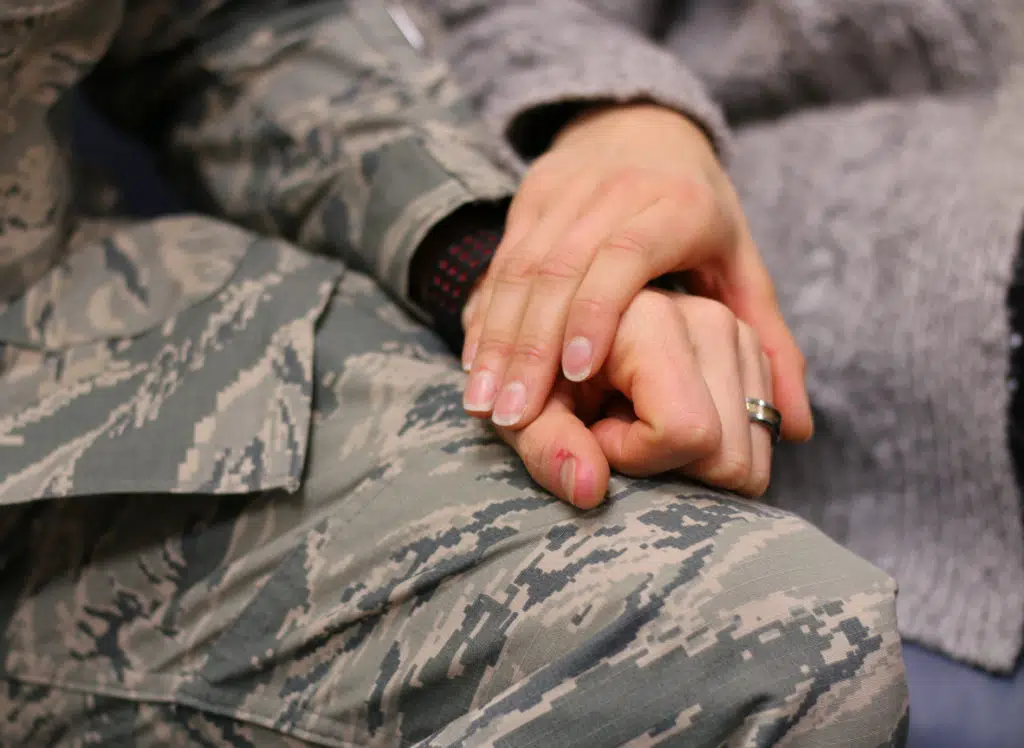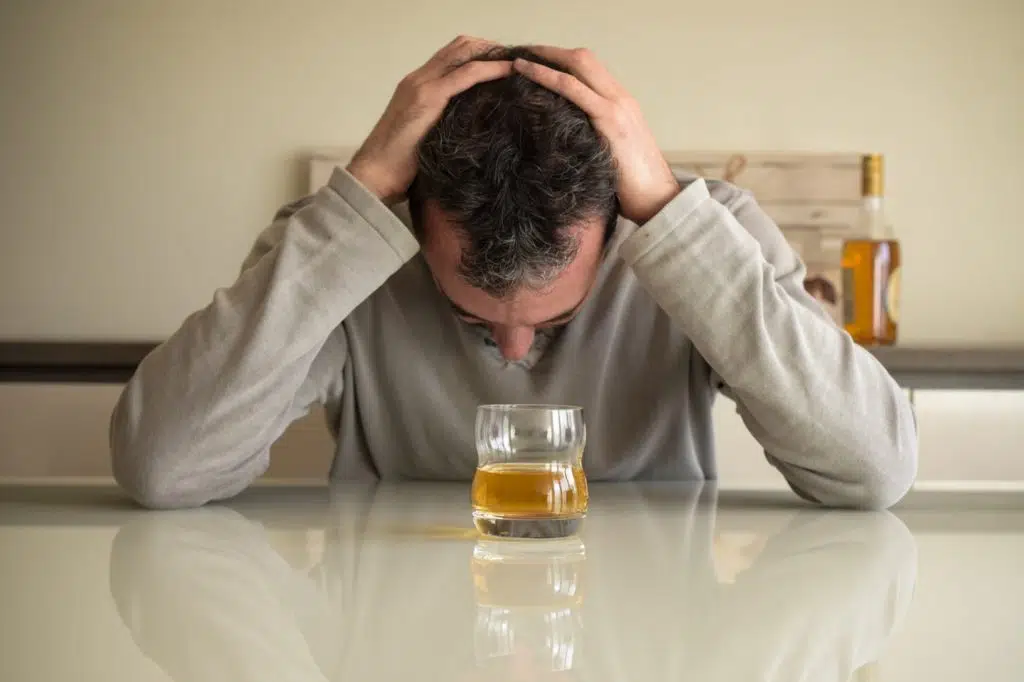Posttraumatic stress disorder, or PTSD, is a psychiatric disorder in which a person has difficulty recovering after experiencing or witnessing a terrifying event (e.g., natural disaster, serious accident, war, combat or a terrorist act). PTSD is particularly common among military veterans who have seen active combat.
People with PTSD have intense, and often disturbing, thoughts and feelings about their experience that last long after the trauma ends. They may also suffer from flashbacks or nightmares, which can trigger feelings of sadness, fear and anger. This experience can suppress endorphin production in the brain, one of the chemicals that help us feel happy. Therefore, it’s not uncommon for people in these situations to try to cope with PTSD symptoms by drinking heavily, smoking excessively and/or abusing mood-enhancing drugs.
Veteran addiction is a growing problem in the United States. Between 1995 and 2012, outpatient rehabilitation services realized a 50% increase in treatments for substance use disorders.
PTSD and substance abuse in veterans
Over time, veterans self-medicating with drugs and alcohol to “take the edge off” may end up feeling worse, leading to more suffering. It’s a slippery slope that can quickly lead to addiction, depression, anxiety and more. Mental health conditions, like PTSD and depression, are closely linked to drug and alcohol use, affecting nearly 20% of both male and female veterans. However, these substances amplify negative feelings and worsen sleep problems, making it difficult to deal with or heal from the trauma.
Many veterans also suffer physical trauma, from lost limbs to chronic headaches and back pain, the list of ailments is significant. One of the most common treatments for pain is prescription opioids, and, while effective, they’re also extremely addictive. Commonly prescribed opioids include:
- Hydrocodone (Vicodin®)
- Oxycodone (OxyContin®, Percocet®)
- Oxymorphine (Opana®)
- Morphine (Kadian®, Avinza®)
- Codeine
- Fentanyl
Common risk factors of opioid addiction in veterans
Veterans have a high risk of developing an addiction, but there are certain experiences that can increase their likelihood of substance abuse:
- Multiple deployments
The stress of training, deployment, returning home, reintegrating into civilian life can be significant for veterans. Those who experience this multiple times have a higher risk of substance abuse. - Combat exposure
Experiencing active combat significantly increases the risk of stress and trauma. As a result, many veterans use alcohol as a coping mechanism during deployment. - Related injuries
Two of the most prescribed painkillers for combat injuries and chronic pain are Vicodin and Oxycontin. These medications are highly addictive and pose a great risk for misuse and addiction.
Warning signs of PTSD and substance abuse in veterans
If there is a veteran in your life and you’re concerned he or she may be misusing prescription drugs, here are some warning signs to be aware of:
- Ignoring prescription
People who are developing an addiction may take more than their prescribed dosage or take medication when they aren’t in pain. - Depression and irritability
Anyone taking opioids for a prolonged time can become depressed or unexpectedly irritable. - Obsessive behavior
This may include things like borrowing medication from others, pretending to lose their medication (to get a new prescription) or seeing multiple doctors to receive multiple prescriptions. - Other unusual behaviors
Watch for signs of confusion, disorientation, social withdraw, problems at work or school as well as financial difficulties, as these, along with other warning signs, could point to a substance use disorder.
Substance Abuse Treatment for Veterans
Miramar Recovery Center is a veteran-owned treatment center, so we take a personal interest in every veteran who seeks our help. We salute the sacrifices you’ve made for our country and are ready to serve your unique needs as a military veteran. We offer evidence-based addiction treatment services, including individual and group therapy as well as detox medications as needed. Our goals for your recovery include:
- Increasing your motivation to make healthy lifestyle and behavioral changes
- Teaching you how to deal with triggers in a healthy way
- Teaching you strategies for relapse prevention
- Improving your understanding of addiction
- Improving your communication with friends and loved ones
- Helping you connect with aftercare support groups
We understand veterans who struggle with a substance use disorder may also have undiagnosed PTSD, depression or anxiety. That’s why we offer a unique dual diagnoses program that treats your mental, physical and emotional health at the same time. After an initial consultation we’ll develop a treatment plan tailored to meet your specific recovery needs. If you’re looking for a trusted veteran rehab center in a safe and compassionate environment, call Miramar Recovery Center at 949-691-5036.




